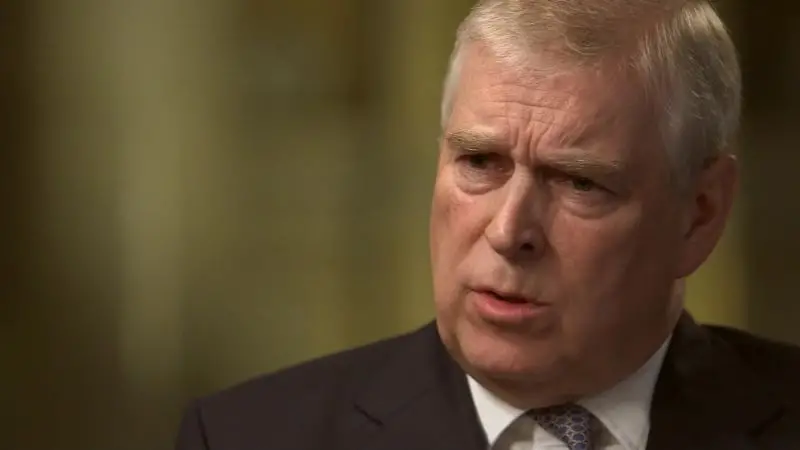Buckingham Palace has confirmed that King Charles III has initiated a formal process to strip his younger brother of all remaining royal styles, titles and honours and that he will henceforth be known as Andrew Mountbatten-Windsor, the most far-reaching step taken against the Duke of York since he withdrew from public duties in 2019. In the same move, the Palace said formal notice had been served for him to surrender the long-term lease on Royal Lodge, his 30-room residence in Windsor Great Park, and relocate to privately provided accommodation on the Sandringham estate. The announcement, issued on Thursday, brings official sanction to changes that go well beyond previous restrictions, removing the “Prince” style, the dukedom of York and associated peerages, and ending his entitlement to the post-nominals of chivalric orders. The Palace framed the decision as necessary to safeguard the institution’s integrity while acknowledging the continuing distress of abuse survivors connected to the late Jeffrey Epstein, whose association with Andrew has dogged the monarchy for years.
The Palace statement, released in London, said the King had “today initiated a formal process to remove the Style, Titles and Honours of Prince Andrew,” adding that “he will now be known as Andrew Mountbatten Windsor.” Officials said the legal instruments to enact the change—royal warrants and related notifications—were being transmitted in the customary manner, and that the style change would be reflected immediately in public communications. The notice to vacate Royal Lodge, a property Andrew has occupied since 2003 under a long lease, was served concurrently; the Palace said arrangements had been made for private accommodation on the King’s Norfolk estate. The statement expressed “sympathy and support” for victims and survivors of abuse and noted that Andrew “continues to deny the allegations against him,” a formula intended to signal institutional distance without revisiting the substance of claims resolved in civil proceedings.
The name now assigned to the King’s brother—Andrew Mountbatten-Windsor—draws from the modern dynastic compound adopted by the late Queen Elizabeth II and Prince Philip for male-line descendants who do not bear royal styles. The shift to a non-royal naming convention underscores the breadth of the measures announced and clarifies how Andrew will be referred to in court listings, official papers and any future legal or commercial documentation. Explainers accompanying the Palace decision pointed to historic guidance on the Mountbatten-Windsor surname, which has been used by members of the family without titles and appears in birth certificates, marriage registers and legal filings when a surname is required.
Thursday’s action follows months of intensified scrutiny around Andrew’s position at Royal Lodge and his residual use of status markers in private life, pressure that culminated in discussions between the King’s advisers and Andrew about ending the Windsor arrangement and regularising his public identity. Broad political support emerged for a decisive conclusion, as MPs and peers questioned the optics of a “peppercorn” lease and called for clarity about the status of a man who, while no longer a working royal, continued to hold a clutch of dignities in law. By confirming the surrender of the lease and the removal of titles in the same announcement, the Palace sought to close a long-running controversy that has repeatedly overshadowed other royal business.
